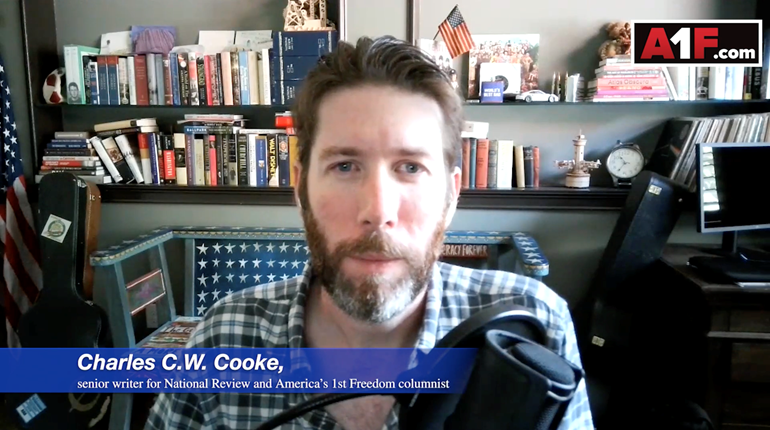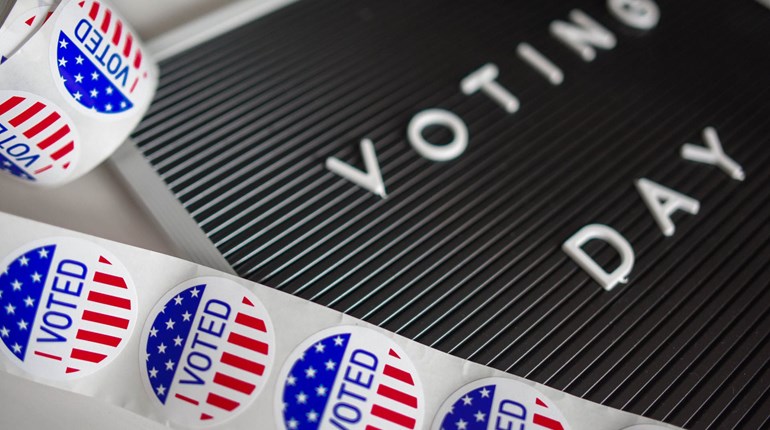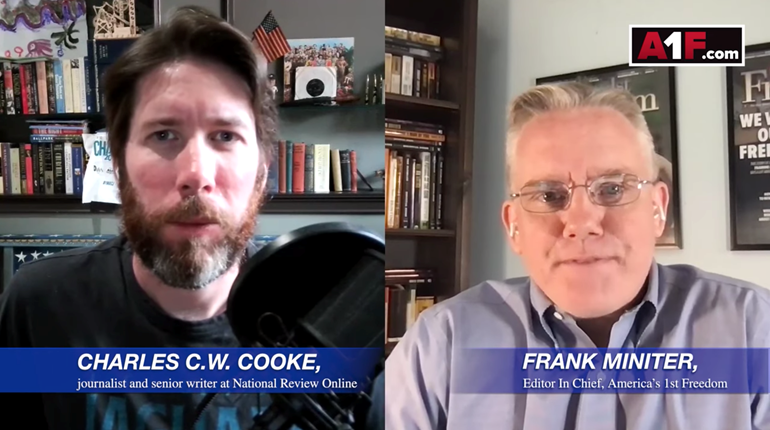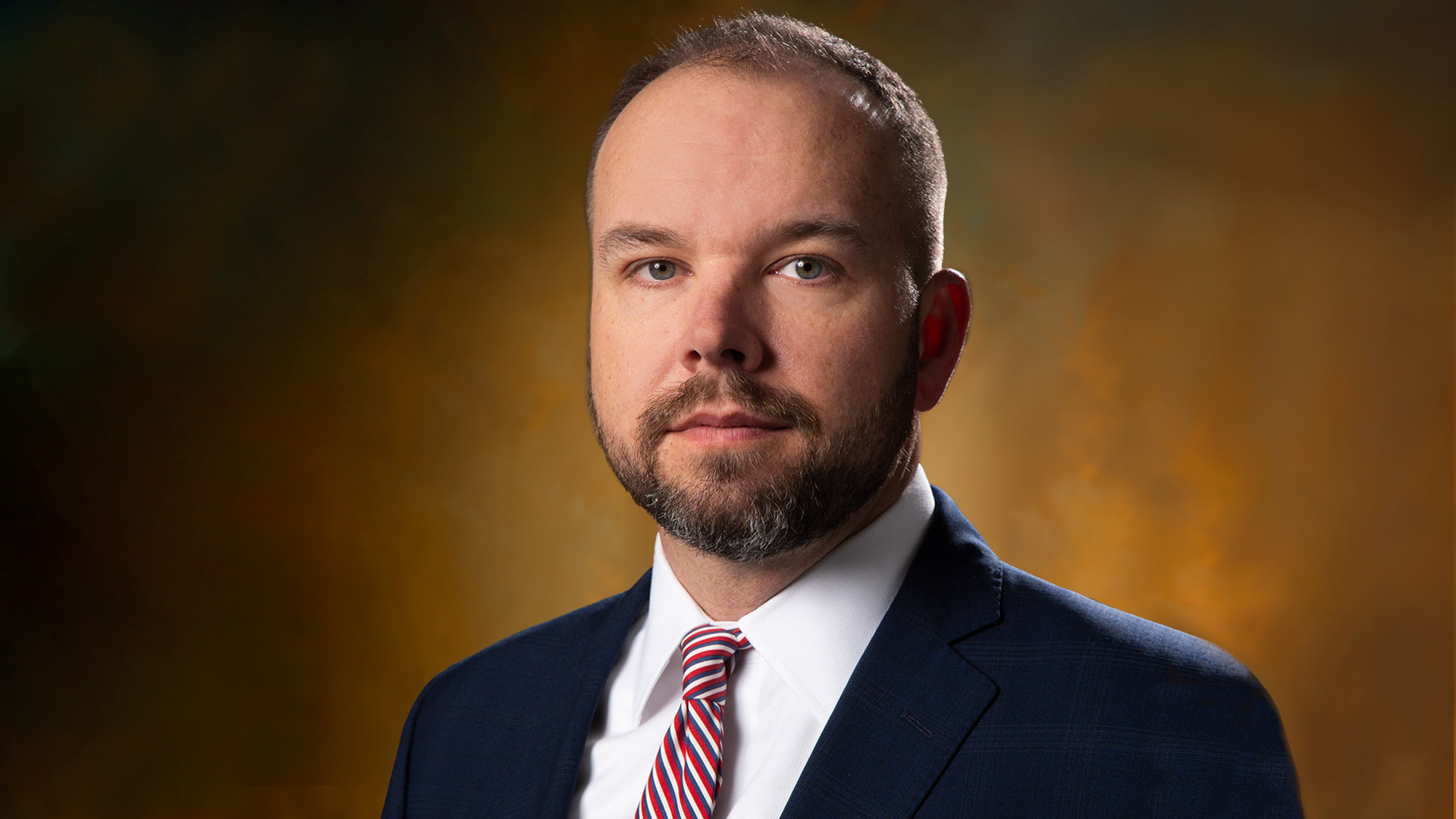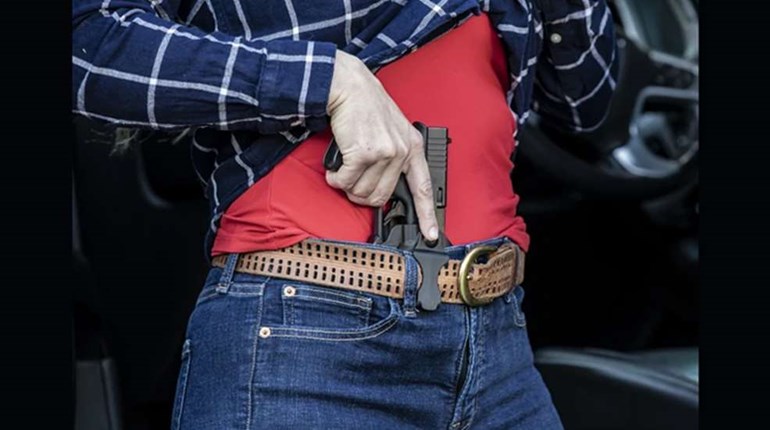
What happens when the government limits the right to keep and bear arms to those who “need” it? If the rhetoric of those who favor stricter gun control is to be believed, the answer to this question is that all-knowing and exceedingly wise local bureaucrats are able to benevolently look into the souls of all who step before them, and so, by this divine insight, only give carry permits to the right people.
If, by contrast, all of human history is to be believed, may-issue laws do this: The government keeps its guns, the criminals keep their guns and a few people with elite “connections” get to have guns, whereas the rest of the populace—you and me included—become a disarmed, subservient class.
For evidence of this, one need look no further than to corruption currently brewing in California. According to the district attorney of Santa Clara, Jeff Rosen, the head of global security at Apple, Thomas Moyer, was involved in an attempt to circumvent California’s draconian “may-issue” carry standards, as Moyer allegedly tried to bribe the sheriff’s office with $70,000 worth of iPads in exchange for four concealed-carry permits. Moyer has been indicted, along with Undersheriff Rick Sung and Captain James Jensen, the two state employees alleged to have been involved.
This case should remind readers of a recent scandal out of New York City, in which police officers in the firearms licensing division were granting permits to high-profile and unqualified applicants in exchange for gifts. In 2018, one of the figures in that case, a man named Paul Dean, who had been second-in-command of the licensing division, told a judge that the rules were “thrown out of the window” at the first sign of a bribe.
Indeed so.
It is worth remembering that government corruption takes many forms, and not all of it is as grubby or as blatant as what has been alleged in California. Once a citizenry is obliged to have a “reason” to buy, own or carry firearms, their government has been empowered to play favorites. And, once a government has been empowered to play favorites, it will do just that. A quick glance at New York City shows us that, when broad “discretion” is permitted, only certain sorts of people—state employees, celebrities, the wealthy—will be able to obtain guns. Everyone else? Nope.
In part, this is because strict “may-issue” processes are designed to be so convoluted, time-consuming and expensive that only a handful of people end up being able to navigate them. In part, this is because actors, industry giants and socialites are able to leverage their contacts in government in a way most people cannot. But it is also because public officials who have been told to limit the process tend to be more convinced by the claims of people who may have a large megaphone than by the claims of the “invisible.”
The actor Robert De Niro is licensed to carry a firearm in New York City on the grounds that, as a prominent person, he is liable to be threatened. Which, okay, he probably is. But here’s the thing: So are tens of thousands of other people in New York, almost none of whom have De Niro’s resources or celebrity status. It is nothing short of a scandal that, in a city of seven million Americans, the only people who are allowed to exercise their rights are the ones who can afford private security and a life separated from quotidian risk.












